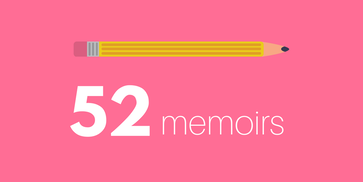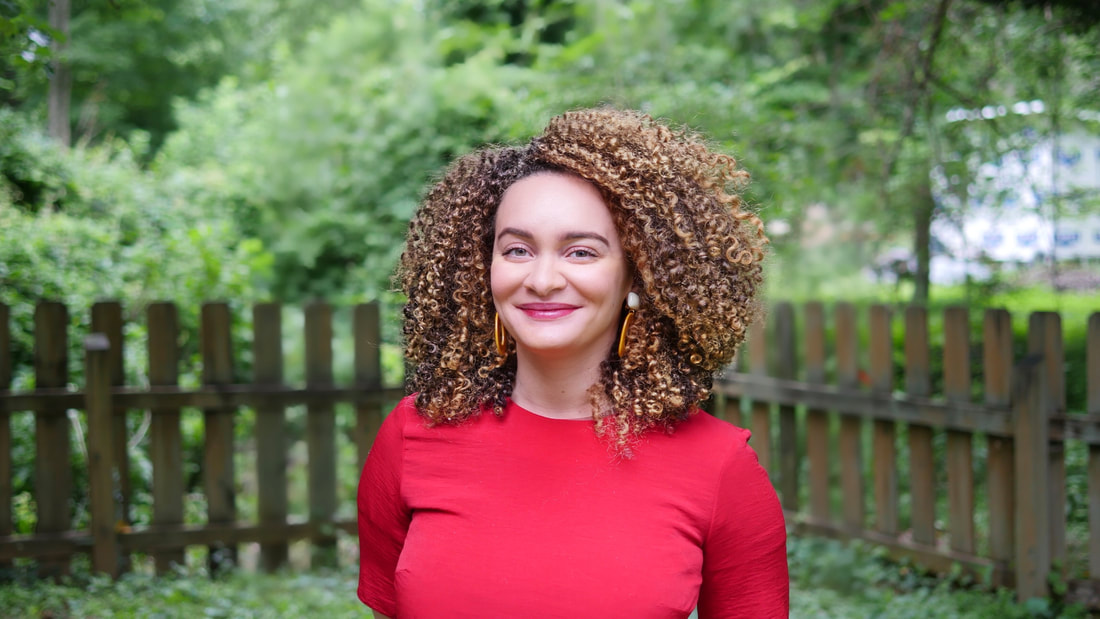|
For most of my life, I'd always expected that I would do a PhD. As a child, my Nanna called me "Professor", in part because I was a bossy little know-it-all, but also because I absolutely loved learning (in a weird way). I’ve always had a kind of insatiable appetite for knowledge, and most people who know me could attest to the huge and random repository of articles and research I carry around in my head. While other kids were playing games, I’d be sitting at home and trying to memorise all of the articles in my encyclopedia… though I stopped somewhere in the Cs because I became paranoid that my brain would have a finite capacity and all I’d ever know was random trivia about aardvarks and the rise of the bildungsroman. In my mind, there was no better way to fully absorb and comprehend a topic than to study and earn a PhD, so I had always planned to do one. For me, possessing incredible knowledge (the kind that is validated by the academy and gives you a fancy title for life) was an ultimate goal. At various points over the past three years I had seriously considered beginning doctoral study, but only recently did I become very close to actually doing it. After completing a course in my master's degree that focused on global inequality, I found myself thinking more and more about the socioeconomic disparity in our world. At the same time, I’d been planning to move to Washington DC, to continue working in the international development space. I found myself growing increasingly critical of the fact that so many workers in DC are seemingly only concerned with ‘far away’ inequality, while DC itself is one of the least equal cities in the Western world. How could people comfortably rake in high salaries serving the ‘poor’ far away, but not feel compelled to address the homelessness and poverty just outside? To be much blunter - how could they feel sympathy for poor black people in Africa but not poor black people a ten-minute drive away? I wanted to find out. I got serious about the topic. I intended to reflexively examine my own role as researcher, the ethical and practical implications of this kind of research, and the ways that my own social, ethnic and class identities are reflected in these spaces, in order to contribute to the practice of ethnography. I also intended to investigate issues of class identity, political ideology, urban poverty and the ways that both types of residents (the rich and the poor) envision and understand the city in which they live. I uncovered an incredible body of literature that I felt I could contribute to, and secured the support of a world-renowned supervisor at one of the world's best universities. I'd written a top-notch proposal and I'd secured funding. Finally – I’d found a brilliant research topic that I was passionate enough to stick with. I was more motivated than I’d been in a long time and eventually threw myself so much into my reading and research that my reflexive examination caused me to begin questioning everything. I became acutely aware of the perpetuation of inequality through academia. The vast majority of the world's population aren’t able to afford the cost of higher education, let alone doctoral research, and this inevitably means that ‘the academy’ is constituted by elites. I then asked myself if seeking the validation of these very same elites was going to solve anything. Could it ever, given academia's institutional complicity in sustaining these unequal structures since its incarnation? By conforming to this system, and seeking its approval, was I deeply hypocritical to the point of blocking my own activism goals? In the end, I realised that the answer to this final question was yes. The hypocrisy was too great to overcome, and I could no longer rationalise my pursuit of doctoral studies. The irony is great, I know. When I was finally at the right time and place in my life to pursue a ‘dream’, it ended up being the wrong choice for me. But I’m glad to have come to this point because now I’m entirely comfortable with the path I'm currently on. There are many great minds in academia, doing great work for humanity. For this I am grateful and I support them fully. We need people to pursue research at the highest level, and in our modern world, there is no greater endorsement of research ability than being awarded a PhD. That being said, the inequality that has produced the system, and kept it alive, cannot and should not be ignored. In the end, I believe I can achieve greater utility and impact by actively engaging with and trying to support the most marginalised people in the world - rather than being another person studying them, talking about them, and writing about them from afar. And that’s a good spot to finally land in, after all of this time! This is the second post in a series of 52 Memoirs I will be posting over the next year. Look out for new posts every Wednesday! |
AuthorMy name is Keeya-Lee Ayre, but I go by just Keeya if the context is casual. I'm American-born, Australian-raised, and living in Atlanta after a 2 year stint in London. I work in the humanitarian innovation / tech / social impact space. You can follow me on twitter here! Archives
February 2018
Categories |



 RSS Feed
RSS Feed